Learn more
Frequently Asked Questions?
CNG (compressed natural gas) is the methane, the hydrocarbon of which the mix called natural gas is almost entirely composed by.
CNG is an excellent fuel for controlled ignition engines, allowing to achieve great performances, low consumptions, very low polluting emissions and almost complete absence of carbon residuals into the engine. Thanks to its molecular structure, it can increase the energetic efficiency while reducing consumptions very much.
For example, a 75 litres cylinder contains about 18.75 cubic meters of CNG.
Assuming to average 10 km to the CNG cubic metre (roughly equivalent to 8.5 km per petrol litre), the range should be at around 160KM.
The difference between two different fillings depends on both driving style and quantity of fuel supplied. The engine efficiency and the atmospheric conditions (air pressure and humidity) influence the engine performances too
Being CNG not liquid, the fuel quantity supplied is not only a matter of tank volume (capacity of cylinders in litres) but also of pressure and temperature achieved at the end of filling; so, fuel quantity supplied can slightly change every time (the same happens in case of liquid fuels, but in a less sensible way).
It is quite normal that gas network supplies CNG with different composition and origin, even to the same filling station at different times. This can result in difference on kg supplied and amount to be paid. It should be said, however, that the heavier the gas, the bigger the energy content – and the longer the range.
A CNG vehicle is filled by connecting the suitable nozzle to the car filling valve, generally situated into the engine compartment or next to the petrol filler.
CNG system does not damage the right engine operation at all, on the contrary it extends its life.
It depends on the kind of system and the vehicle model. On average, the conversion takes 4hrs to 6hrs.
In case of the modern systems the difference in performances driving the car is almost imperceptible.
More than one only CNG cylinder can be installed on a car. So, by optimising the choice in accordance with the car boot, we can save space considerably without reducing the CNG total capacity too much.
CNG systems do not need any specific maintenance. Following the instructions indicated by the use and maintenance booklet of the system is suggested. In UAE, a specific tag required by the law (CNG cylinders fund committee) shows safety and validity information about cylinders installed on the car, necessary to refuel.
The CNG conversion cost depends on many factors, such as the vehicle original supply (injection, direct injection), the kind of equipment installed (traditional, timed injection), the number of cylinders and so on.
No, NGV is a naturally occurring gaseous fuel, whereas LPG is liquefied petroleum gas made from petroleum products (propane and butane).

